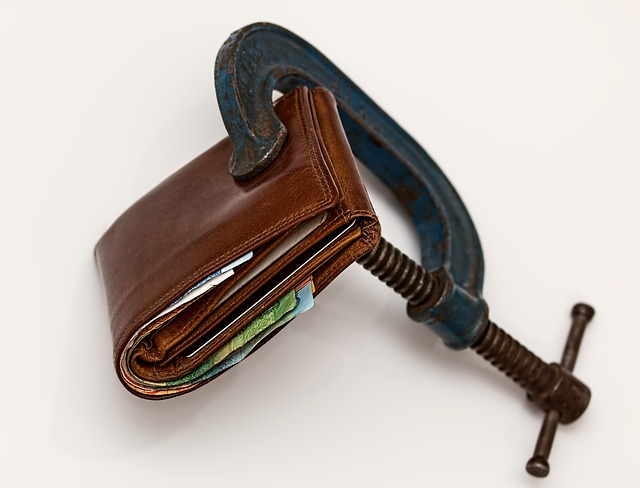Saving is a great way to achieve financial goals and create investment. It enables you to acquire things without necessarily going into debts to buy them. Since we all get varied amounts of financial income; we can apply different approaches to manage our income and increase our savings. One of the most vital ways is budgeting.
Budgeting
A budget is a plan of how much money you expect to earn and how you expect to spend it. It reflects how income and expenses are managed. Regardless of the financial situation and spending habits, everyone needs a budget for a better financial management.
If someone is spending less than they are earning, a budget will help them determine how much they can save to improve their financial status. On the other hand, if you are spending more than you earn, a budget will clearly reflect where the money is going and how to cut down the expenses, helping you save some extra.
To easily develop a budget, you need to determine how much income you receive and estimate your significant monthly expenses. Subtract total expenses from income, a positive difference means you have extra amount that you can save. A negative difference will is a wake up call to cut down expenses in order to save.
Other ways of organizing savings include;
Automatic Savings Transfer
Once you have determined how much you want to save, set up direct automatic transfers of the amount to be saved into the savings account. This should happen on pay day directly from your employer or your salary account before you access the money.
This is commonly known as ‘paying yourself first’. It ensures you only spend what is budgeted for and any extra is set aside in the savings account before you see it. Essentially, you can’t spend what you can’t access!
Routine Home Appliance and Car Maintenance
Frequently, we let life get into the way leaving things to be fixed only when they break. An emergency repair to a home appliance or car is usually more expensive than what routine maintenance could have cost. Proper maintenance of appliances and the car will significantly reduce unplanned spending on repairs, resulting into savings.
You can keep all maintenance records that show past maintenance and the next recommended schedule for service. For cars, proper records of continuous maintenance can be valuable when reselling it. They will convince the potential buyer to pay a valuable price.
Multiple Bank Accounts
There are a number of recurrent expenses that occur periodically in a year such us car insurance, an annual holiday or personal insurance premium. People experience financial challenges when they don’t save up for such expenses and therefore grapple through their monthly budget to settle them. Using just one account can make you lose track of how much is allocated for each expense, whether long-term or short-term. This stress can be avoided by opening a bank account for each of these expenses.
Before opening the different accounts, it is critical to determine how much is needed and set up monthly saving goals for each of the expenses e.g. $120 for annual holiday will translate into $10 of monthly savings. After setting the saving goals for each expense separate your apples from oranges by opening a savings account for each of the goals. Once you need to cater for the expenses, it will just be a matter of transferring the amount from the specific savings accounts into the current account and paying the bills. It is as easy as 1, 2, and 3!
If you want to help yourself you can use online budget calculators like this one, this is a detailed calculator so it will give you detailed insight on your expenses. Even if your currency is not € you can still use it.
Avoid Impulse Spending
Many people spend thousands annually on things they don’t plan to buy. Creating and sticking to a grocery list can help save, because a large percentage of impulse buying is used on food.
Shopping with cash rather than credit cards will help you only spend what you have budgeted for, hence helping you save.
Conclusion
Saving is a powerful secret to achieving financial security and freedom. It is never about how much you earn rather the commitment put into saving. Organizing saving needs a great deal of planning, self discipline and sacrifice.
Here you can find a list of additional 100 tips to save money, I`m sure you can find something useful.







Recent Comments